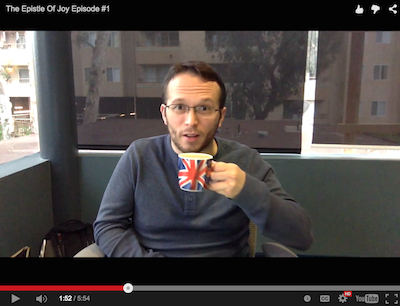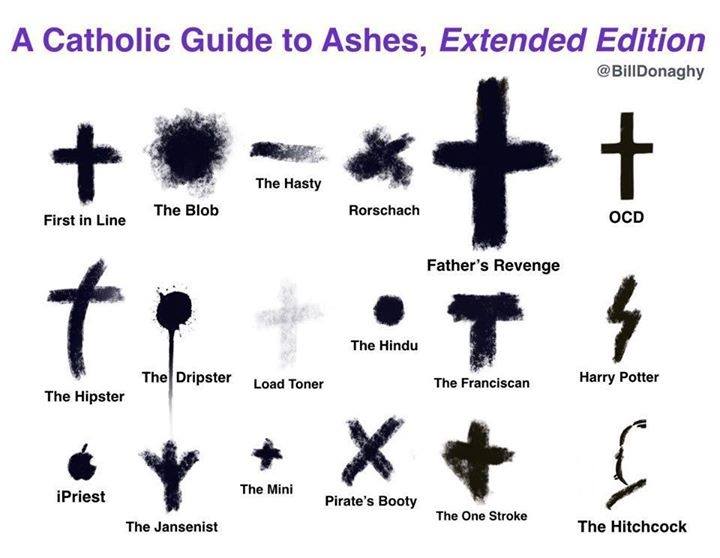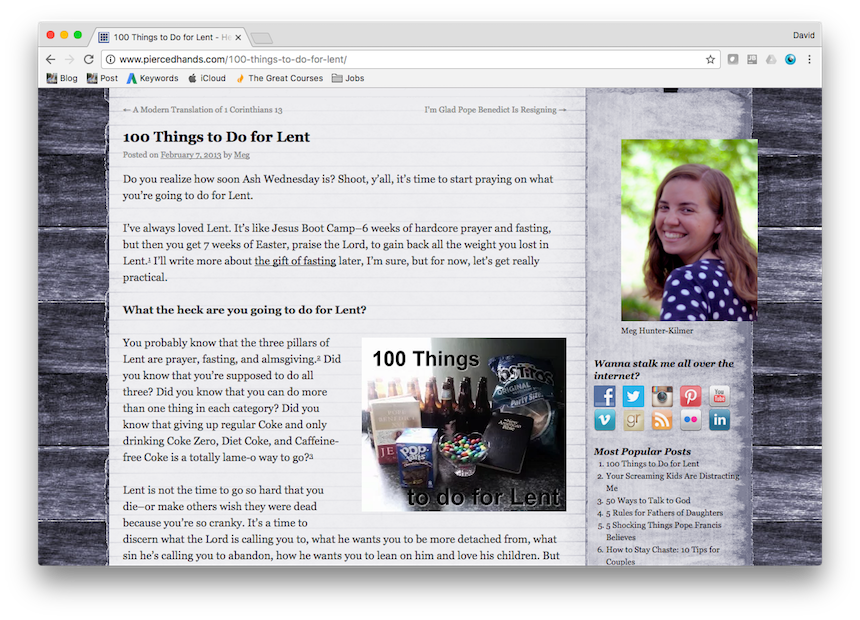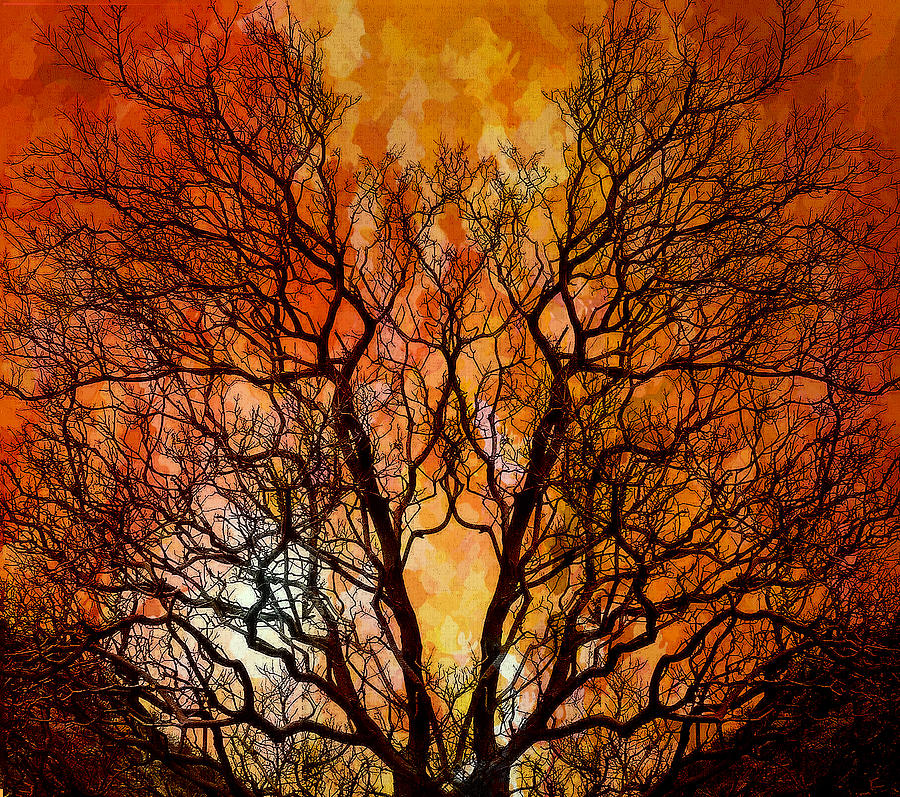Forgiveness: The hardest and easiest

Although in the West Lent begins this coming (Ash) Wednesday, in the Byzantine Church the Great Fast (“Lent”) begins tomorrow.
 For the duration of the Fast, I’m going to be off social media and I’m also not going to be posting anything here at the blog. I’ll be back on April 16th, Easter Sunday…which also happens to be my birthday
For the duration of the Fast, I’m going to be off social media and I’m also not going to be posting anything here at the blog. I’ll be back on April 16th, Easter Sunday…which also happens to be my birthday
If you’re looking for something to do during Lent, I’d recommend reading a book of the Bible, Paul’s Epistle to the Philippians in particular. A couple of years ago, I did a video series during Lent on that book of the Bible. You can either watch all the videos on YouTube or check in at the site’s Facebook page where I’ll be uploading the videos several times a week.
In the Byzantine Church, as part of our final preparation for Lent, tonight we celebrate “Forgiveness Vespers”. It is similar to the usual service of Vespers, but we also ask for forgiveness from each other for any hurts we have inflicted upon one another this past year. It therefore seemed appropriate to share in this final post a quotation from my spiritual father, Fr. Nicholas:
“At one and the same time, forgiving is the hardest thing in the world and the easiest. It is the hardest because we don’t want to. It is the easiest when we let Jesus do it”
– Our God Heals, Fr. Nicholas Broadbridge

 I’m currently trying to get into the habit of watching one debate each week. Here’s this week’s entry, “Does God Exist?”, with Dr. William Lane Craig (affirmative) and the late Christopher Hitchens (negative):
I’m currently trying to get into the habit of watching one debate each week. Here’s this week’s entry, “Does God Exist?”, with Dr. William Lane Craig (affirmative) and the late Christopher Hitchens (negative):


 Once of the central claims in Islam is the immutability of the Qur’an. It is repeatedly asserted that what was given to Muhammad is exactly what is found in copies of today’s Arabic Qur’an.
Once of the central claims in Islam is the immutability of the Qur’an. It is repeatedly asserted that what was given to Muhammad is exactly what is found in copies of today’s Arabic Qur’an. Aside from the slightly Pagan overtones ;-), I’ve recently really been enjoying “Do not stand at my grave and weep” by Leah:
Aside from the slightly Pagan overtones ;-), I’ve recently really been enjoying “Do not stand at my grave and weep” by Leah: